Markets shift after Carney speech
- Published
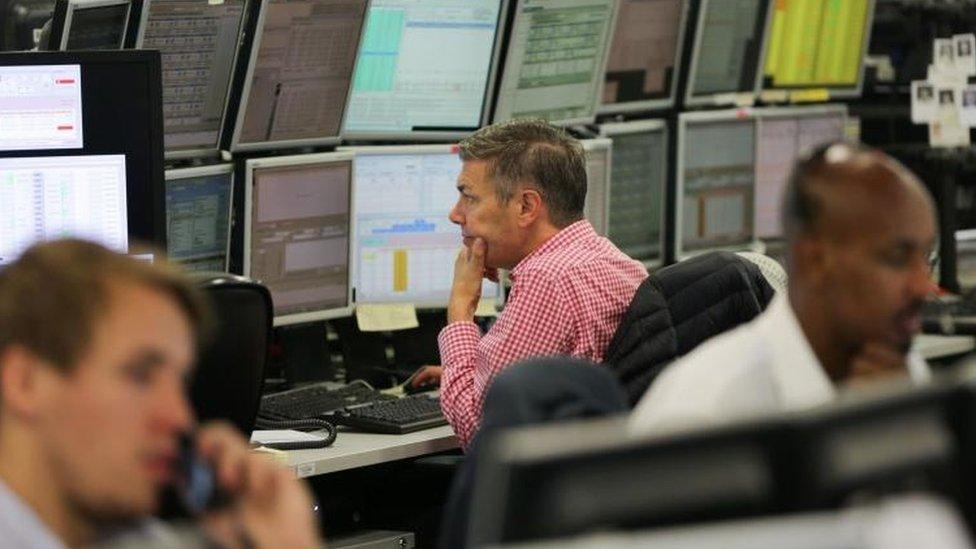
UK shares have risen and the pound has fallen after Bank of England governor Mark Carney hinted at fresh stimulus measures after the Brexit vote.
The FTSE 100 index closed 2.27% higher, while the FTSE 250 closed up 1.68%.
The pound fell 1.04% against the dollar to $1.3289 after Mr Carney said a deteriorating outlook meant action from the Bank was likely during the summer.
Wall Street rose for the third straight day, with the Dow Jones closing up 1.33% and S&P 500 up by 1.36%.
The past few days have seen huge swings on the world's financial markets as traders and investors struggled to assess the impact of the UK's vote to leave the European Union.
After two days of heavy falls following the vote, shares spent two days recovering, and on Wednesday, the FTSE 100 ended above the level it had closed at last Thursday.
However, the FTSE 250 index - which contains more UK-focused companies - still remains well below its pre-referendum level.
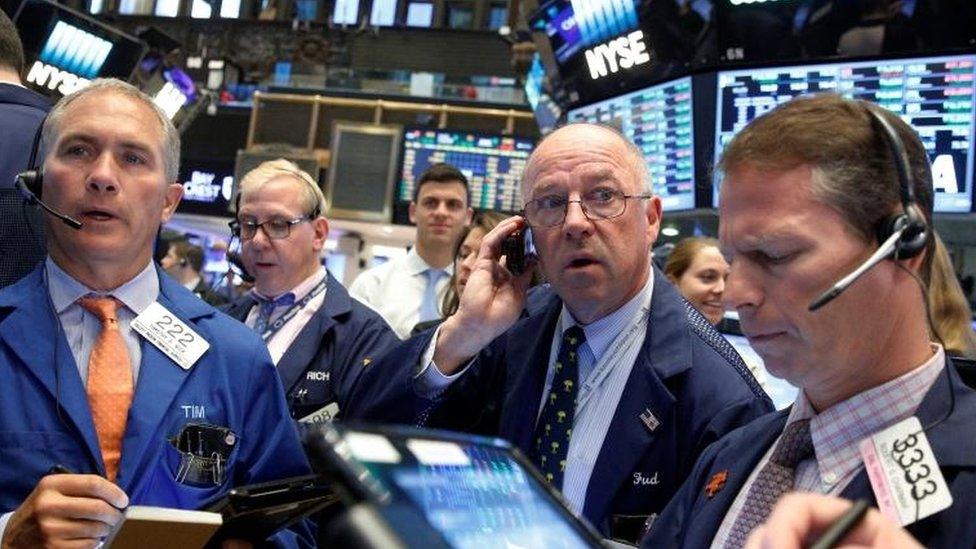
Analysts have warned the recent global market rally might not be sustainable
"The blue chip [FTSE 100] index is stuffed full with big international firms and it is these companies propelling the rise. The heavy weighting towards these groups is very misleading," said Joe Rundle, head of trading at ETX Capital.
"The likes of Fresnillo, Randgold, AstraZeneca, Royal Dutch Shell, British American Tobacco - these are hardly dependent on, or reflective of, the UK economy. They're listed in London but their earnings come from abroad.
"There is a key distinction. UK-focused firms are doing much, much worse. Easyjet, Lloyds, Barclays, RBS, Barratt, Taylor Wimpey - they've all recorded 20% losses since the Brexit vote."
Shares in RBS were one of the biggest fallers on the FTSE 100 on Thursday, dropping 4.8%.
'Significant uncertainty'
The pound is well below the $1.50 rate it touched last Thursday before the outcome of the referendum became clear.
As well as falling against the dollar after Mr Carney's speech, it also tumbled 1.1% against the euro at €1.1962.
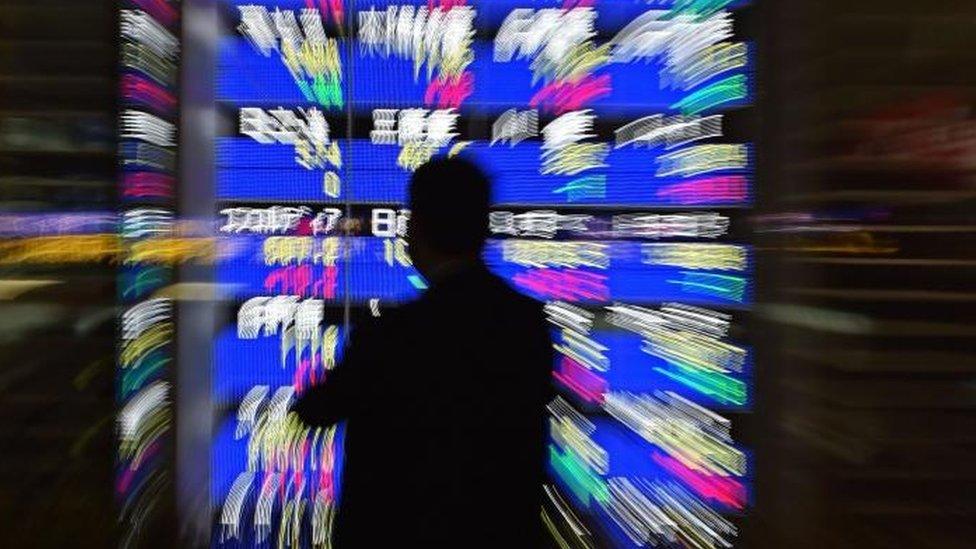
Japan's Nikkei share index has now risen for four days in a row
Analysts continued to warn that the recent market recovery might only be temporary.
"The odds may be against them, but investors are hoping that the worst is over for currencies and equities," Kathy Lien, managing director of foreign exchange strategy at BK Asset Management, said in a note.
"But considering there's been no additional clarity on the terms of Brexit or the outlook for the UK economy and global economy since Britain's decision to leave the European Union on Friday, we don't see fundamental support for the recent moves."
Analysts at Swiss bank UBS have cut their end of year forecast for the FTSE 100 to 5,500 from 6,500.
"We see a significant amount of uncertainty around the UK over the next few months. We do not know who the prime minister will be, or when, or if, Article 50 is invoked and there are even possibilities of a general election given the current fluidity of UK politics," UBS said.
The price of gold was little changed at $1,318.10 an ounce on Thursday. The precious metal is viewed as a safe investment in times of uncertainty and gold price hit a near two-year high of $1,358.20 on Friday in the wake of the referendum.
- Published29 June 2016
- Published29 June 2016
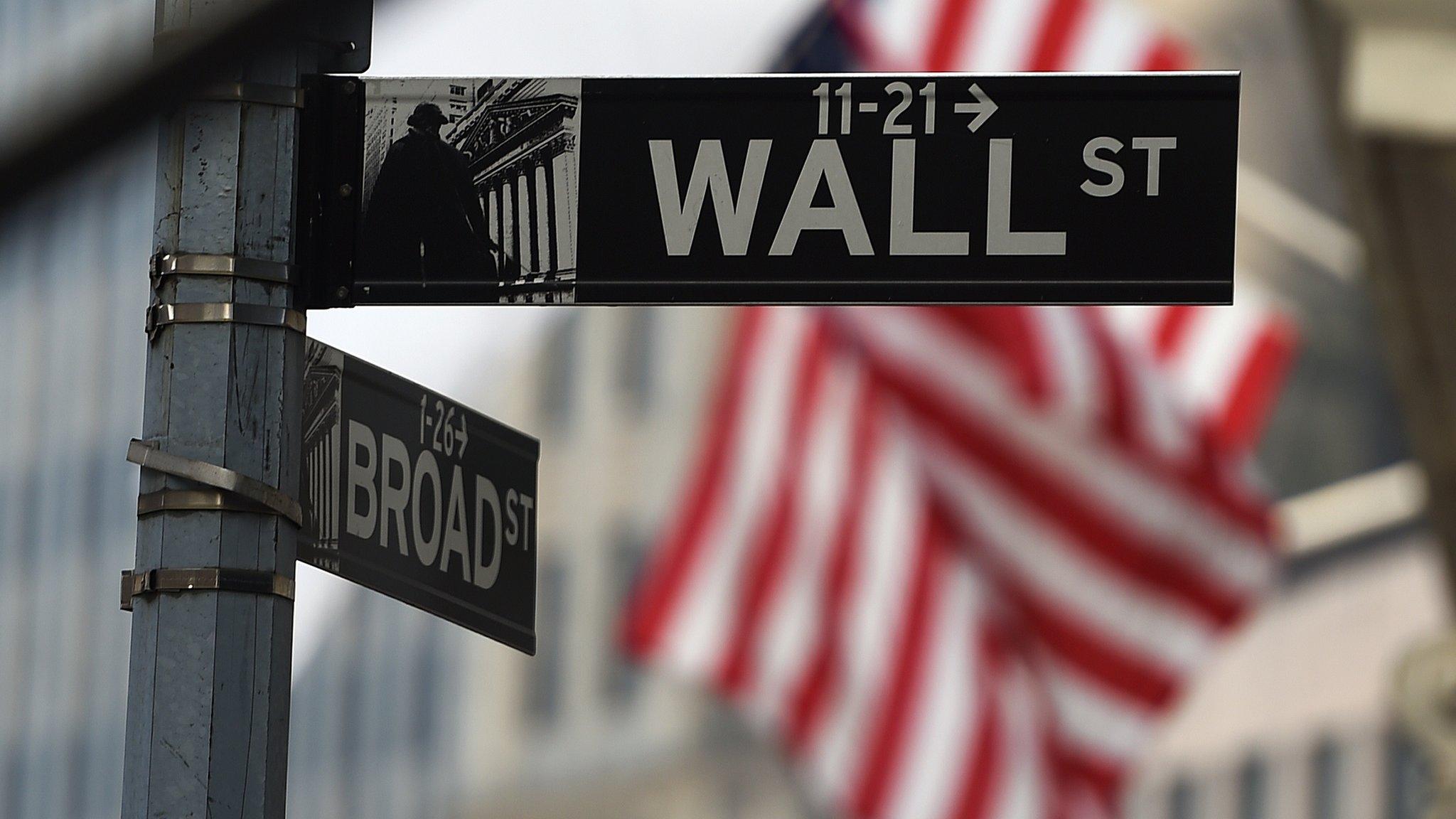
- Published28 June 2016
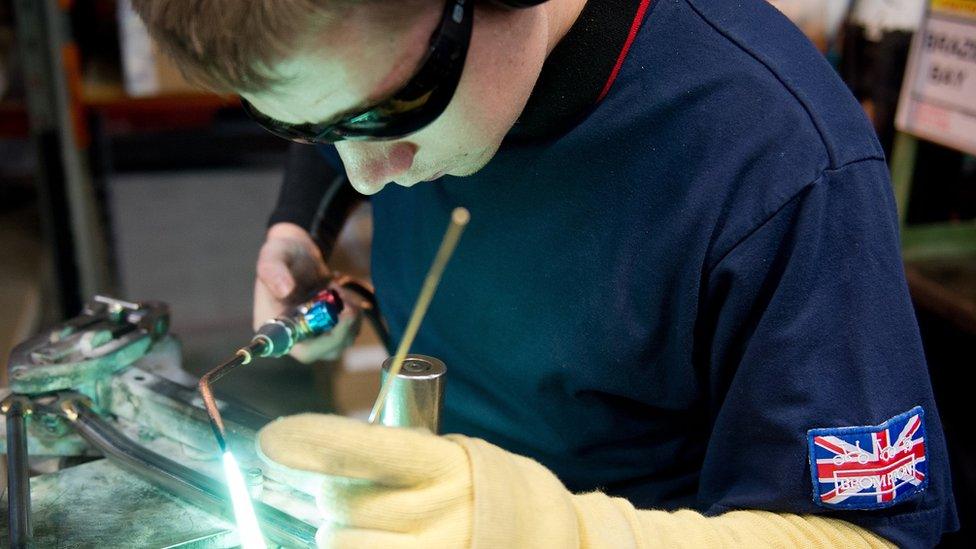
- Published27 June 2016
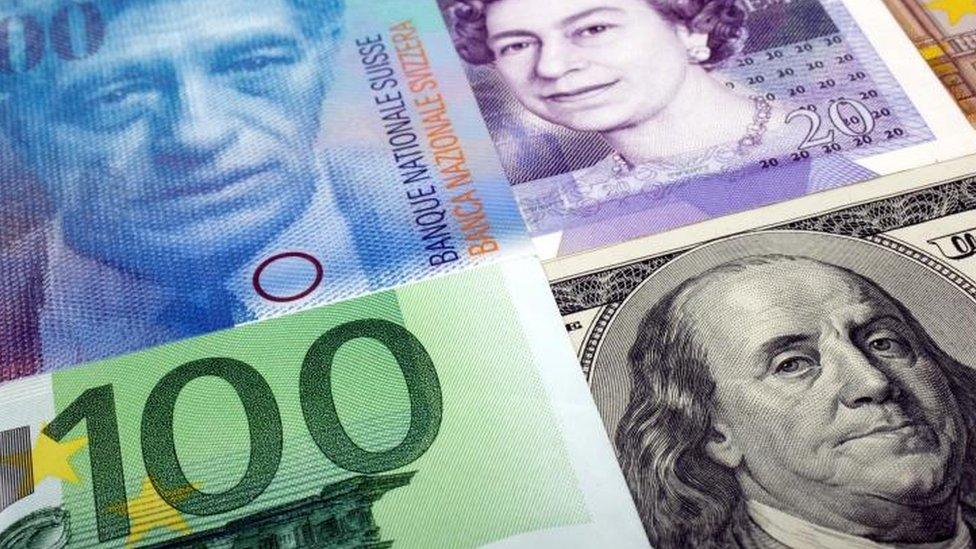
- Published27 June 2016

- Published27 June 2016
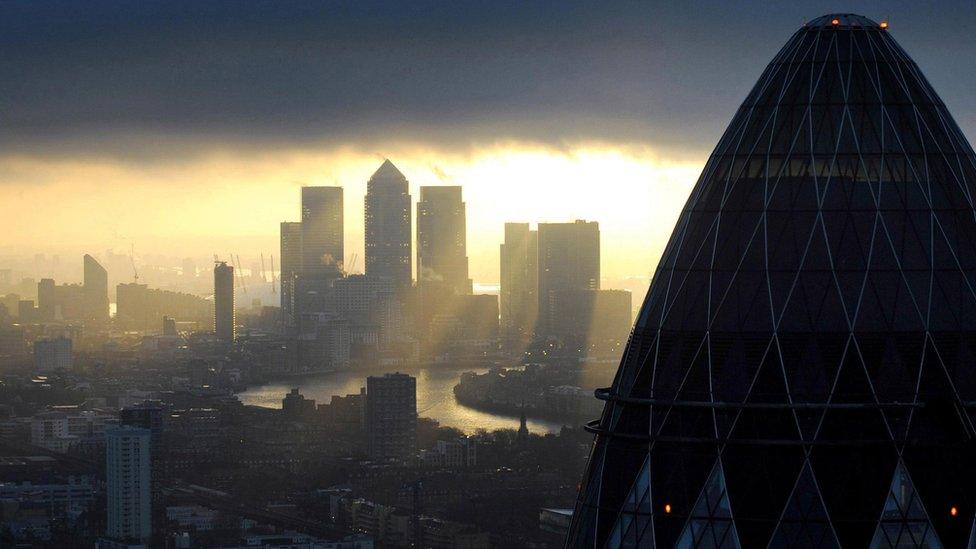
- Published28 June 2016